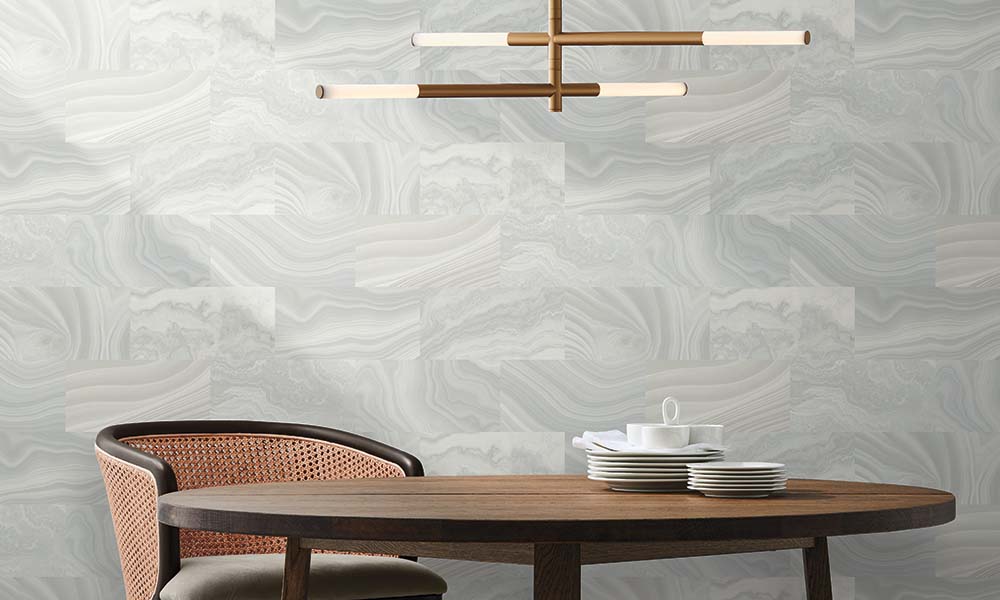In today’s world of advanced engineering and high-performance machinery, filtration plays a critical role in ensuring efficiency, safety, and longevity. From air purification to automotive performance, filter foam has become a go-to solution across a wide range of industries. Its lightweight, flexible, and porous nature makes it an ideal medium for trapping particles while maintaining airflow.
Let’s take a closer look at what filter foam is, the types available, and how it’s used in real-world applications—from air conditioners to automotive engines.
What is Filter Foam?
Filter foam is a type of open-cell foam designed specifically for filtration applications. Thanks to its porous structure, it can effectively capture dust, debris, and other particles while allowing air or liquid to pass through. Its unique composition makes it both functional and adaptable, suitable for use in both dry and wet environments.
Commonly made from polyurethane or polyester, filter foam sheet is available in various thicknesses and densities, depending on the filtration level required. Whether you’re looking to block fine dust or large debris, there’s a filter foam for the job.
Types of Filter Foam
1. Polyurethane Filter Foam
One of the most widely used materials, polyurethane filter foam offers excellent flexibility, durability, and chemical resistance. It’s used in applications ranging from HVAC systems to vacuum cleaners, offering consistent performance over time. Its versatility and customizable pore sizes make it suitable for both air and liquid filtration.
2. Polyester Filter Foam
Known for its strength and stability, polyester filter foam is a popular choice in applications where resistance to chemicals and moisture is essential. It’s ideal for aquatic environments, aquarium filters, or outdoor air filtration systems due to its robust construction and resistance to mold or mildew.
Applications of Filter Foam
Air Filter Foam
When it comes to clean air, air filter foam plays an important role in residential, commercial, and industrial environments. From air purifiers and HVAC systems to ventilation units, this foam traps dust and allergens, enhancing air quality without restricting airflow.
Speaker Filter Foam
In electronics, speaker filter foam is used not only for dust filtration but also for acoustic tuning. It helps prevent dust and moisture from entering the speaker enclosure while also improving sound clarity by reducing unwanted vibrations and echo.
Automotive Filter Foam
The auto industry relies heavily on foam filtration. Automotive filter foam is commonly used in engines, cabin air filters, and ventilation systems. Its role is to ensure clean air intake, reduce engine wear, and protect internal components.
For more specialized needs, automotive air filter foam is engineered to handle harsh environments. It resists oil, heat, and vibration while providing consistent filtration, especially in high-performance or off-road vehicles.
Specialized Form: Reticulated Filter Foam
One of the most advanced forms of foam used in filtration is reticulated filter foam. This foam is specially processed to remove cell walls, leaving only the skeletal structure behind. The result is a highly porous material with a consistent, open-cell design—perfect for precision filtration in air, water, and oil applications. It’s often used in fuel systems, medical devices, and sensitive electronics due to its high flow rate and predictable filtration properties.
Choosing the Right Filter Foam
When selecting a filter foam for your application, it’s important to consider:
- PPI (Pores per inch): Determines the foam’s filtration capacity
- Material composition: Polyurethane vs. polyester
- Environmental exposure: Heat, moisture, chemicals
- Form factor: Sheet, block, or custom-cut
High-quality filter foam ensures better performance, longevity, and safety—especially in demanding applications like automotive engines or medical devices.
“From clean air and sound quality to engine performance and water filtration, filter foam is a critical component in countless industries. With types like polyurethane filter foam, polyester filter foam, and reticulated filter foam, manufacturers can meet diverse filtration needs without compromising on performance.
To ensure reliability and product consistency, it’s essential to source materials from a trusted industrial foam manufacturer—the backbone behind quality filtration solutions used around the world”.

